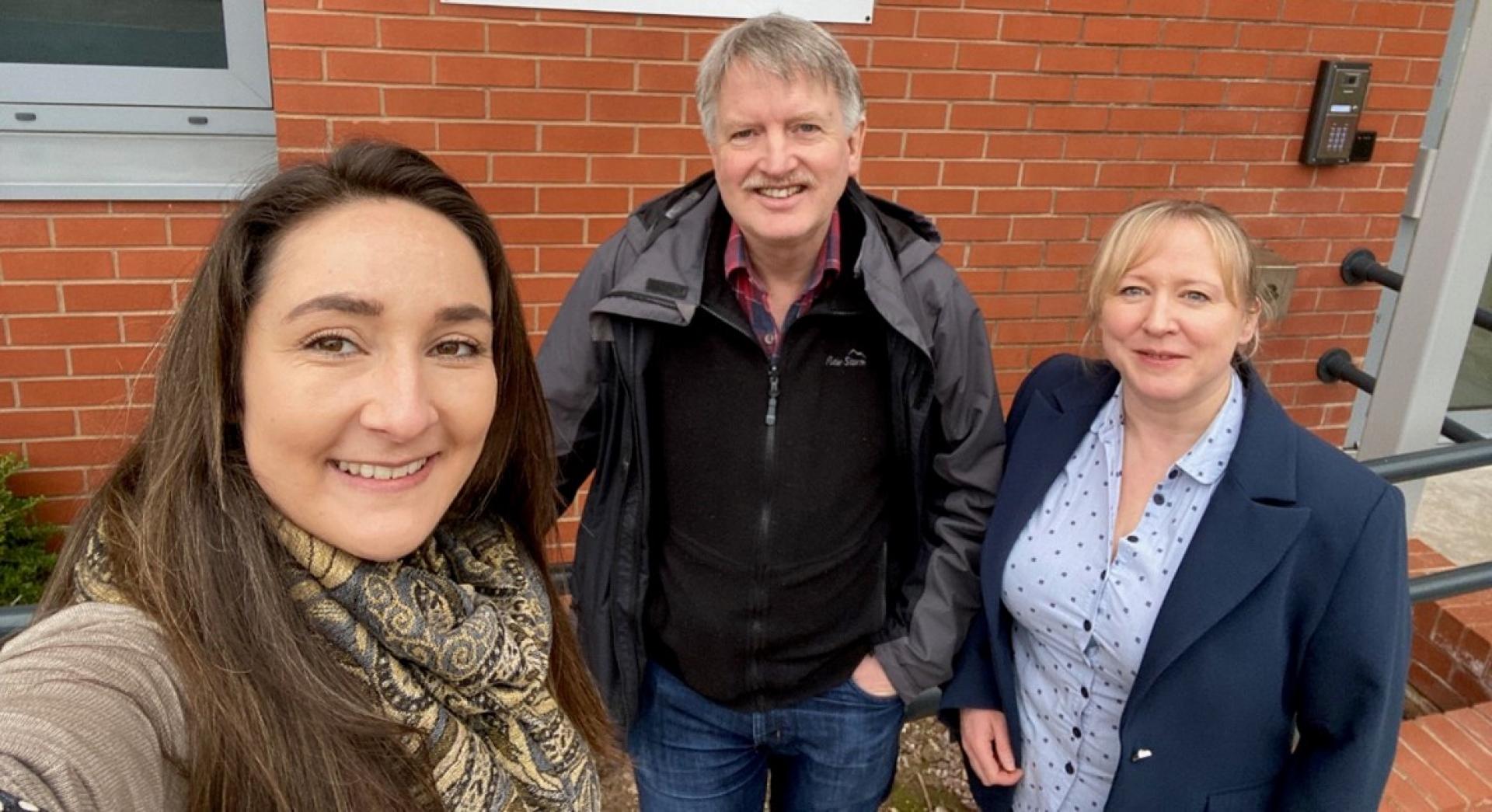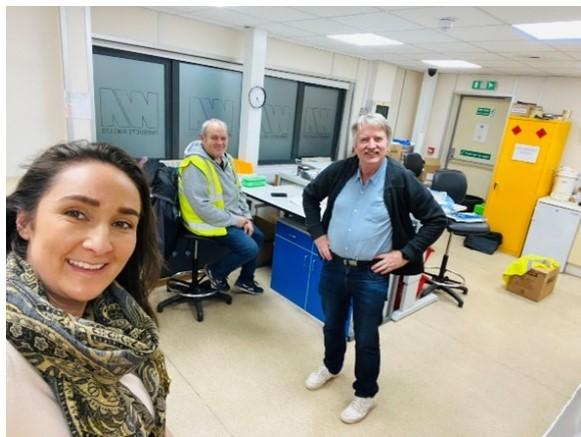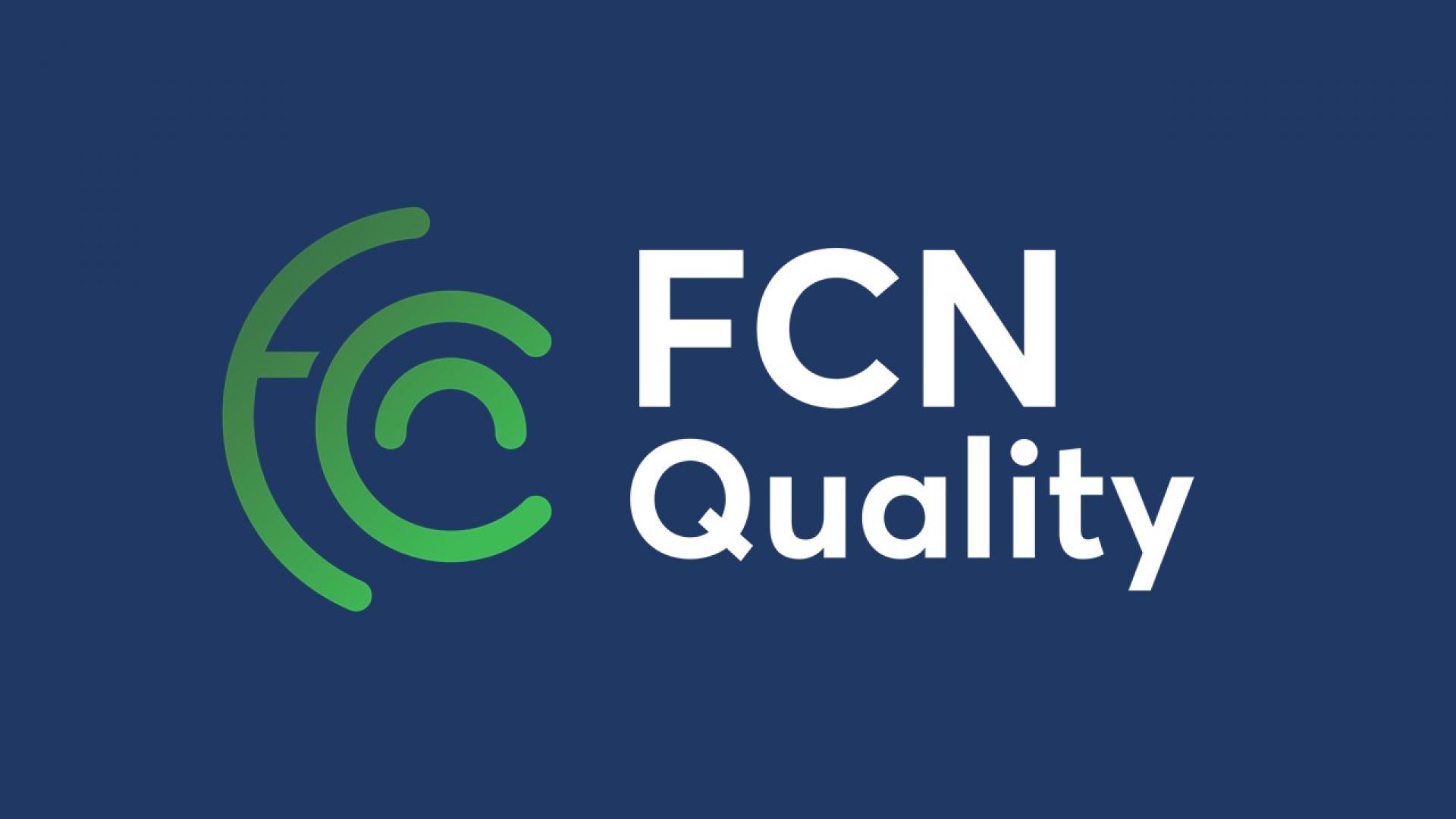
The FCN have been working with Policing, SARC Service Providers, Charities and the NHS for the past 2 years to support of these organisations working towards meeting the ISO 15189 standard and FSR Regulations and to achieve UKAS accreditation.
A number of national projects have been conducted including centralised validations and research studies all with the aim of completing this work once on behalf of every SARC in England and Wales, rather than each SARC working independently to overcome these challenges.
This month is Sexual Assault Prevention Awareness Month where we will be kicking off with the first of our FCN SARC News articles.
Over the next few months we will be providing you with weekly news articles on the different projects which are underway, providing you with an update on our progress.
FCN & SceneSafe Collaboration
The FCN have worked in collaboration with SceneSafe on a number of SARC projects including the National SARC Consumable Validation, whereby SceneSafe supported the development of the experimental design and covered half the cost of this validation to support every SARC in England and Wales to validate their forensic DNA grade consumables.
Since the successful completion of this validation the FCN have continued to work closely with SceneSafe to make national changes to the supply of consumables to SARCs and support them in meeting the ISO15189 standard and FSR requirements.

What changes have been made so far?
FCN, SceneSafe, FFLM, and the FSR unit have worked together to develop the SARC Consumable Guidance (FCN-SAR-GUI-0028) document, listing all the consumables that SARCs should be using, providing their product codes, to meet the ISO 15189 standard and FSR requirements, communicating these national changes and requirements to all the SARCs.
SceneSafe have changed their branding of forensic DNA grade consumables to be yellow and state ‘Forensic DNA Grade in accordance to ISO 18385’ to ensure it is clear to the SARCs which consumables are forensic DNA grade.
Following a request made by the FCN on behalf of the SARC community, SceneSafe now supply an alternative comb for the hair collection kits used in SARCs which is suitable for use on afro hair.
SceneSafe and the FCN have worked collaboratively to conduct a study on PPE used within the SARCs to identify the risk of contamination from non forensic DNA grade PPE to forensic DNA evidence throughout the SARC process. Findings from the study will be published in a subsequent FCN news article.
SceneSafe have made numerous changes to the labels supplied in their SARC kits to accommodate feedback from the SARC community. e.g. Additional labels are now supplied in the urine kits and mouth collection kits and an additional row has been added to the labels to allow space for the unique ID numbers.
As per ISO15189 Section 6.6.1, SARCs are required to demonstrate that their forensic DNA grade consumables have been quality control tested. SceneSafe provide PDFs of Quality Control Certificates, to confirm the batch has been assessed to meet the DNA reduction requirements of ISO 18358 by an ISO 17025 accredited forensic laboratory. These certificates are available on the SceneSafe website.
All checked Quality Control Certificates for all forensic DNA grade consumables received at the SARC should be stored locally at each SARC and available to demonstrate tractability and compliance.
What is Forensic DNA grade?
Consumables which undergo a manufacturing process to minimise the risk of detectable human nuclear DNA contamination, as specified in standard BS EN ISO 18385. Forensic DNA grade consumables are available through the National Scenes of Crime Consumables (NSOCC) framework, supplied by SceneSafe, which is independently audited every year by an FCN-led consortium for compliance with ISO 18385.
Check out this blog to find out why forensic DNA grade consumables are so important.
What changes do we have planned?
To support SARCs with implementing their consumable stock control process in line with the FSR Codes of Practice the FCN have made a request, on behalf of the SARCs for SceneSafe to supply SARCs with kits containing the forensic DNA grade consumables with the same batch numbers in bags of set quantities e.g. bag of 25 kits. This will allow for the consumable kits to be registered as received in quantities of 25.
A label of all batch numbers contained within the kit will be supplied on the bag. This process will enable SARCs to check for the certificate of analysis for one set of batch numbers per 25 kits, rather than checking 25 individual kits for each batch number.
SceneSafe are currently in the process of implementing these changes, which will significantly reduce the time taken for each SARC to count and check each consumable kit upon receipt.
A risk raised by Forces on the suitability of the wording provided in the instructions supplied in the SARC swab kits provided within the Early Evidence Kits. SceneSafe will be updating the wording on these swab kits (code G91613-C) to improve clarity of the instructions.
During the SARC end to end verification project a number of Forensic Healthcare Practitioners raised concerns around difficulties they have experienced when using speculums supplied without nuts, as they are difficult to keep in place when recovering samples. SceneSafe have confirmed they will supply forensic DNA grade speculums with nut and runners. The product codes are:
- B22521-ETO Small
- B22522-ETO Medium
- B22523-ETO Medium Long
SceneSafe Director Stuart Wisemen says…
“It has been an absolute pleasure working with Michelle, Kevin and the FCN team on this vitally important project to demonstrate that the consumables supplied by SceneSafe are to a forensic DNA grade and are fit for purpose. We are very hopeful that the improvements being made to the SARC’s forensic recovery processes will impact criminal justice in a positive way for both victims of sexual crime and the case workers involved”.
If you have any suggestions for improvements to consumables used in the SARCs then please do get in contact with the FCN and we will work with SceneSafe and the SARC community to continuously improve standards.


